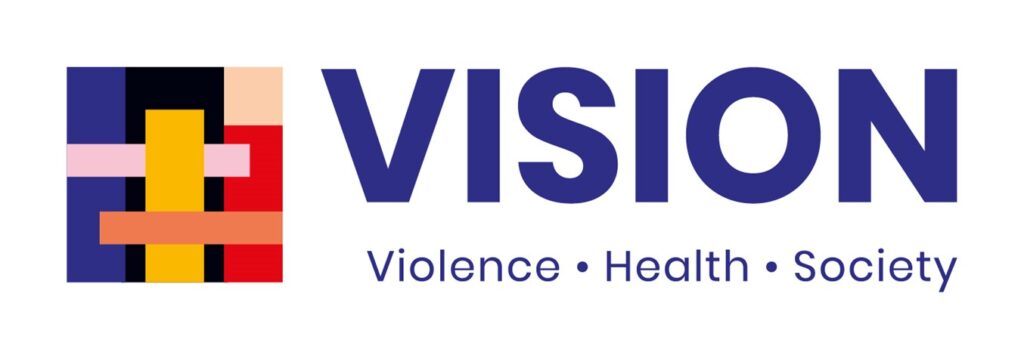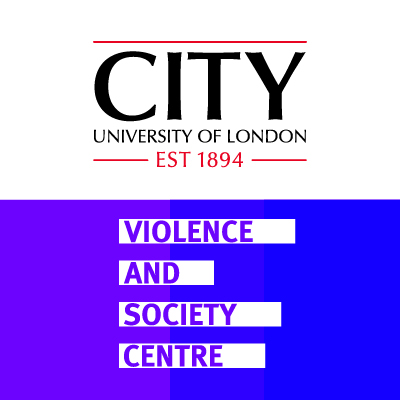One in four women and one in seven men in England and Wales have experienced domestic abuse. Coercive and controlling behaviours are core to domestic abuse. They result in loss of autonomy and independence and are intended to isolate and reduce self-worth. Such behaviours are common but hard for health professionals to detect.
If passed, the Terminally Ill Adults (End of Life) Bill will allow people who are terminally ill and expected to die within six months to request assistance to end their lives. VISION researchers Gene Feder, Elizabeth (Lizzie) Cook and Sally McManus have written an opinion published in The BMJ that calls for safeguards in the bill need to be strengthened to prevent coercion in the context of domestic abuse.
Assisted dying requires a careful consideration of the risks posed by domestic abuse and coercion. The current bill does not fully tackle specific safeguarding concerns for patients experiencing domestic abuse which can include economic, emotional, physical, and other forms of abuse from a partner or other family member. To safeguard against domestic abuse and associated coercion, Gene, Lizzie and Sally propose a set of principles that should be part of the UK bill.
- For doctors responding to any request for assisted dying, training must be extensive, specialist, in person, and backed up by referral pathways. Independent domestic abuse advocates, with expertise in recognising coercive control, could contribute to assessment of assisted dying requests.
- Commitments to confidentiality and data security must not obscure assisted dying decisions and the contexts in which they occur. The bill must ensure transparency.
- The bill must establish accountability. Transparent data about each stage of the approval process would also enable monitoring and regular scrutiny of the processes and outcomes of assisted dying legislation.
- Lawmakers must resist expansion. Dementia and mental health conditions are now being considered for eligibility. These are conditions prevalent in survivors of domestic abuse. The UK bill should include clauses that limit any expansion of scope to other conditions and situations.
To read the opinion piece: Safeguards against domestic abuse and coercion in the assisted dying bill must be strengthened
To cite: BMJ 2025;390:r1914
For further information, please contact Gene at gene.feder@bristol.ac.uk

